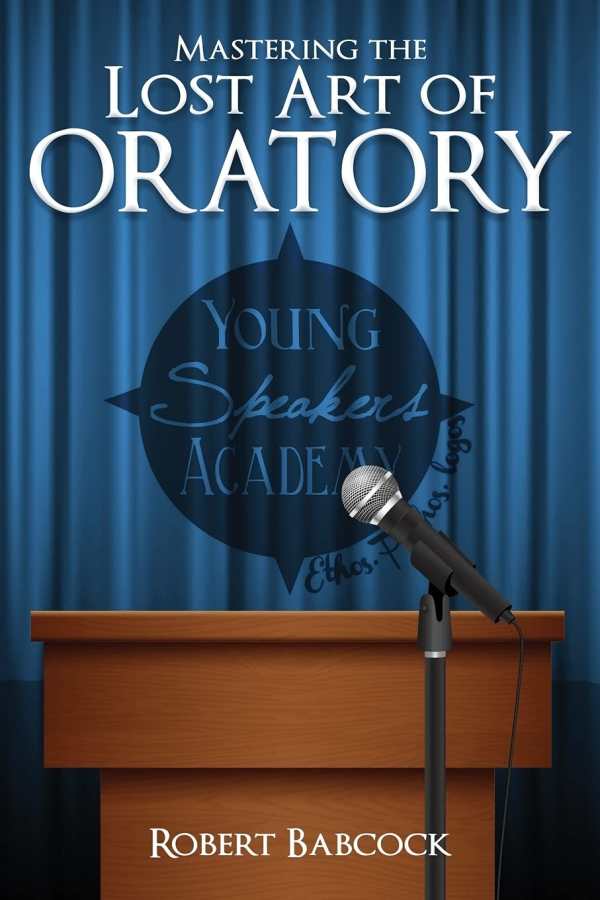
Mastering the Lost Art of Oratory
Treating speech writing and speech making as a craft, Mastering the Lost Art of Oratory is an excellent compendium of practical advice.
Speaking coach Robert Babcock’s self-help text Mastering the Lost Art of Oratory includes tips and exercises for those hoping to achieve proficiency as public speakers.
Putting forth the view that speaking with clarity is a useful tool when pursuing general success, though it’s one that’s often overlooked in education, this text aims to help audiences develop clear communication skills, presenting these as the foundation for strong speaking skills. It stresses values like the importance of audience feedback, and includes a checklist for listeners to grade speakers in areas including their beginnings and their inclusion of sensory details. The book rounds this help out with examples from the notable historical speeches of figures including Martin Luther King Jr. and Sojourner Truth.
Also included is a rundown of different types of speeches, including expository and persuasive speeches, with tips for preparing for each kind. The book also suggests ways of organizing one’s points, from chronological approaches to approaches focused on supporting facts; flow charts are used to demonstrate how thoughts might be organized around central themes. Notes about common punctuation and grammar mistakes, understanding one’s audience, constructing an outline, and rhetorical tricks of the trade also play in.
The book’s primary value comes from its suggested exercises and examples, which focus on potential subjects for speeches, with plenty of excerpts for oratorical practice. Particularly helpful (and fun) are the book’s lists of warm-up tongue-twisters. Tips for using poetry to sharpen speaking skills, and exercises for varying the pitch and force of one’s words, are similarly useful. And the book’s trivia tidbits are intriguing: it reports that strong speakers average between 126-160 words per minute.
Still, while the book is an effective blueprint for teaching and structuring speech classes and workshops, it’s less successful when it comes to providing a rigorous, thought-out foundation for what, exactly, makes excellent speech. Apart from its abundant vocabulary lists, pronunciation puzzles, and straightforward resources, like checklists and evaluation forms, it over relies on examples of existing speeches and excerpts, with a “follow what the masters do” approach. Nevertheless, the book’s central message—that there’s great value in using one’s mind and being prepared—is communicated well, and the included exercises do demonstrate how powerful speech can be when it’s well deployed.
Treating speech writing and speech making as a craft, Mastering the Lost Art of Oratory is an excellent compendium of practical advice.
Reviewed by
Ho Lin
Disclosure: This article is not an endorsement, but a review. The publisher of this book provided free copies of the book and paid a small fee to have their book reviewed by a professional reviewer. Foreword Reviews and Clarion Reviews make no guarantee that the publisher will receive a positive review. Foreword Magazine, Inc. is disclosing this in accordance with the Federal Trade Commission’s 16 CFR, Part 255.
